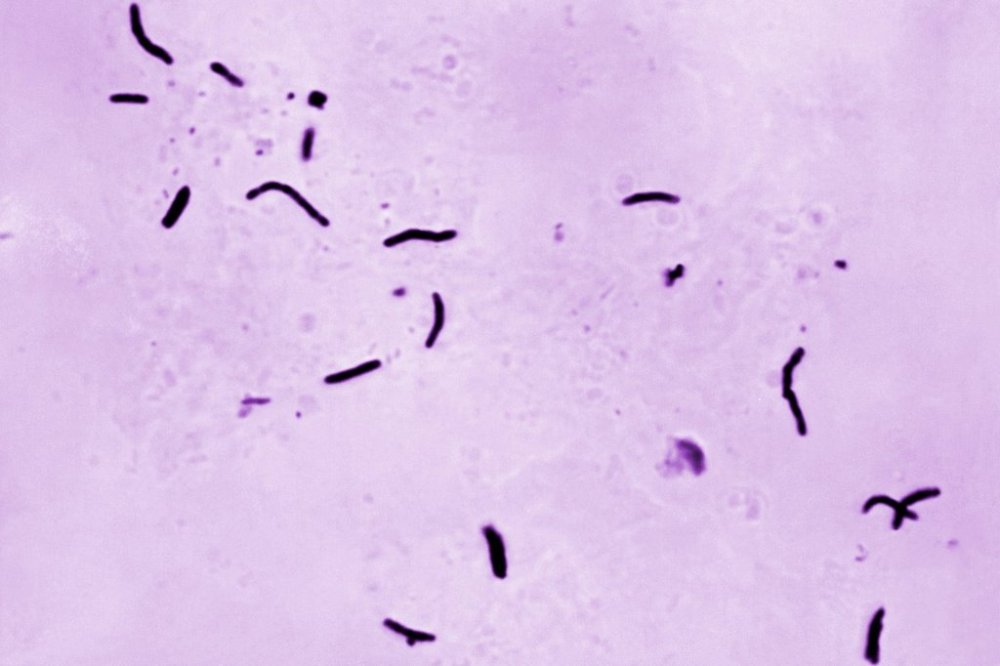Tuberculosis outbreak hits Labrador weeks after Inuit group decried funding loss
Advertisement
Read this article for free:
or
Already have an account? Log in here »
To continue reading, please subscribe:
Monthly Digital Subscription
$0 for the first 4 weeks*
- Enjoy unlimited reading on winnipegfreepress.com
- Read the E-Edition, our digital replica newspaper
- Access News Break, our award-winning app
- Play interactive puzzles
*No charge for 4 weeks then price increases to the regular rate of $19.00 plus GST every four weeks. Offer available to new and qualified returning subscribers only. Cancel any time.
Monthly Digital Subscription
$4.75/week*
- Enjoy unlimited reading on winnipegfreepress.com
- Read the E-Edition, our digital replica newspaper
- Access News Break, our award-winning app
- Play interactive puzzles
*Billed as $19 plus GST every four weeks. Cancel any time.
To continue reading, please subscribe:
Add Free Press access to your Brandon Sun subscription for only an additional
$1 for the first 4 weeks*
*Your next subscription payment will increase by $1.00 and you will be charged $16.99 plus GST for four weeks. After four weeks, your payment will increase to $23.99 plus GST every four weeks.
Read unlimited articles for free today:
or
Already have an account? Log in here »
ST. JOHN’S – Health officials in Newfoundland and Labrador have declared an outbreak of tuberculosis within the Inuit region of Labrador, just weeks after a national Inuit group had warned that funding was needed to eradicate the disease.
The region is home to several small communities, and officials are not revealing the number of confirmed cases in order to protect peoples’ privacy, Dr. Janice Fitzgerald, the province’s chief medical officer of health, said Friday. However, she said the number of cases is small.
An outbreak is declared when the number of cases is higher than expected and there is transmission of the disease, Fitzgerald said. “We’re always concerned when we see cases of (tuberculosis). It can be a pretty significant infection for the individual,” she said in an interview.

An infected person may have no symptoms and unknowingly transmit the disease to others. “That’s really the big concern with it, is that it can often be spread a little bit before we actually know about it,” she said.
Earlier this month, the group representing Inuit in Canada — Inuit Tapiriit Kanatami — denounced the federal government for not renewing funding to eliminate the disease in Inuit communities.
The federal government has pledged to eradicate tuberculosis by 2030 in Inuit Nunangat, the traditional homeland of Inuit in Canada, and it has allocated money in the past to achieve that goal.
In a press release earlier this month, Inuit Tapiriit Kanatami said there was no renewed funding in the recent federal budget, signalling a “wilful neglect of this public health emergency.”
Tuberculosis rates in Inuit regions are more than 300 times higher than those among non-Indigenous Canadians, the release said. Figures from Statistics Canada show the disease rate for Inuit in 2023 was 204.2 per 100,000 people, compared with 0.4 per 100,000 non-Indigenous, Canadian-born people.
Inuit Tapiriit Kanatami has said the high tuberculosis rates stem from inadequate and overcrowded housing, as well as poverty and stigma.
The federal housing advocate declared housing conditions a “human rights failure” in Nunatsiavut, the Inuit region of northern Labrador, after a visit in October 2023.
Tuberculosis is a contagious disease caused by bacteria that usually affects the lungs and its symptoms include a persistent cough, fever, night sweats and weight loss. It is spread through the air when an infected person coughs, talks, laughs or sings.
Fitzgerald said people should get tested if they have any symptoms or if they have been exposed to the disease. There are health teams on the ground tracing contacts and working to limit the spread, she said.
“Get assessed, get treated as quickly as possible if you do have (the) disease, and then co-operate with public health in the contact tracing process and testing,” she said. “The most important thing is to protect yourself, protect others.”
This report by The Canadian Press was first published Nov. 28, 2025.

